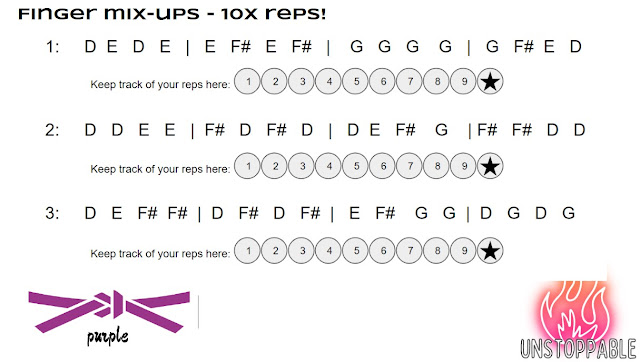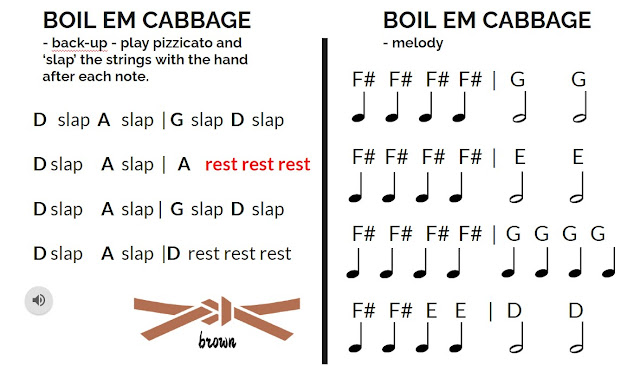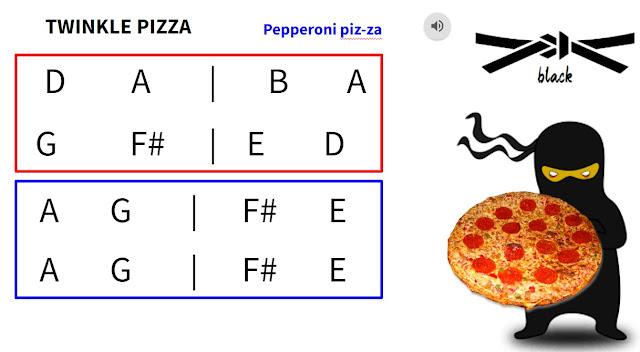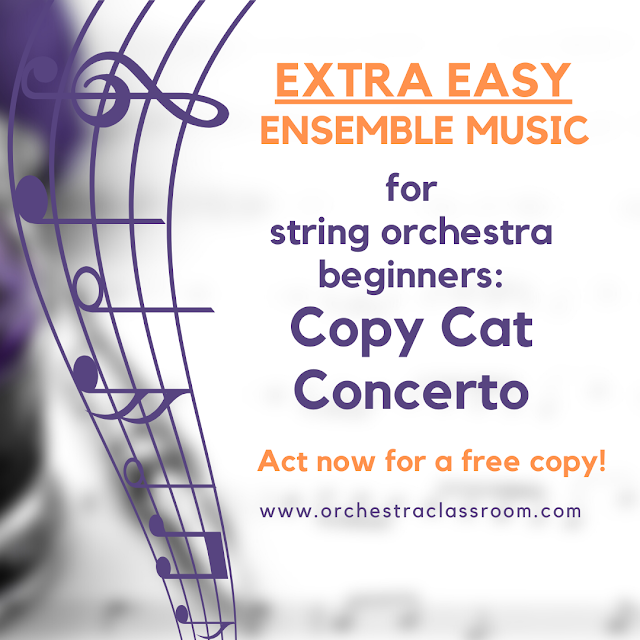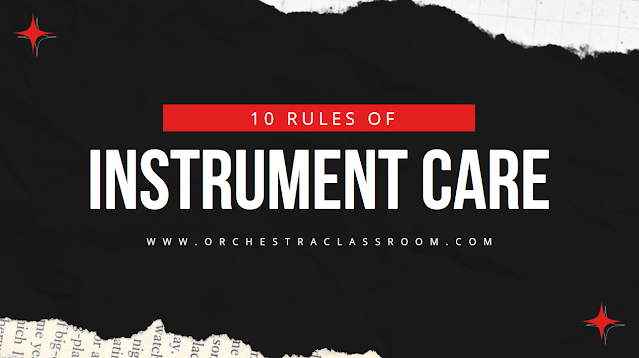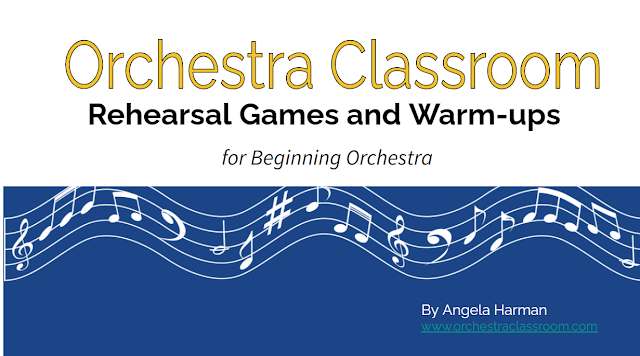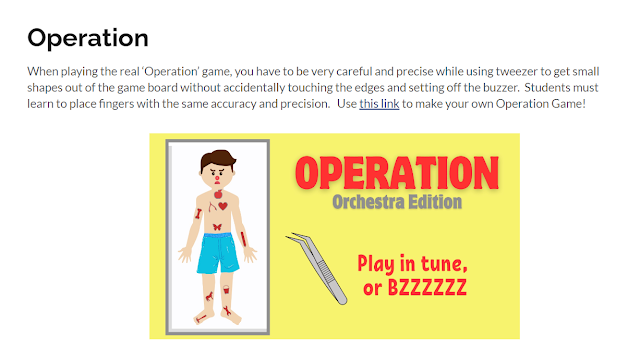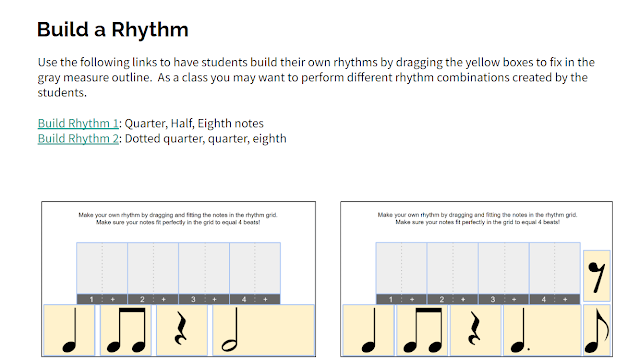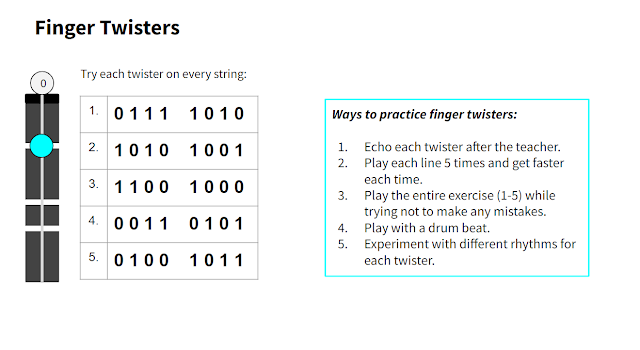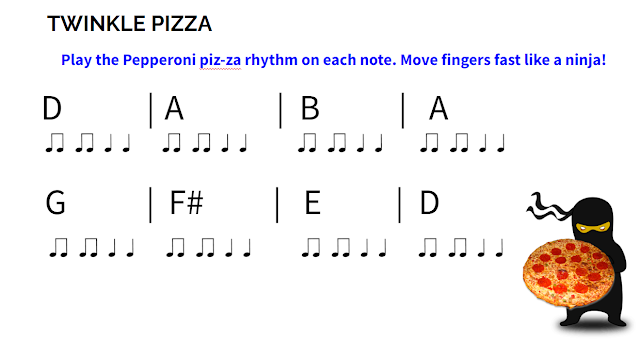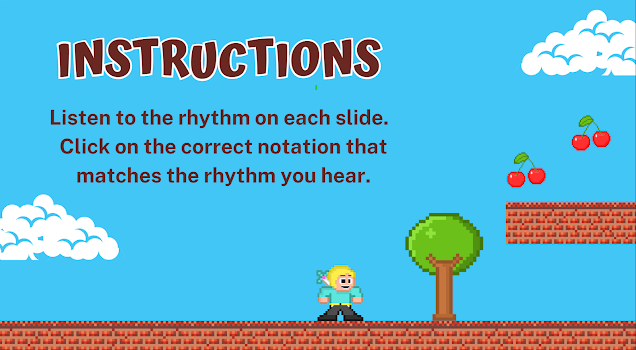A couple of months ago, jazz violinist and educator Christian Howes spent a day working with all of my students. I admit I was a bit nervous to have him come. Would my beginners be 'good' enough to do what he asked? Was he going to think there were skills I should have taught better? Would my students enjoy a new way to think about and play music?
I didn't need to worry. Christian was immensely knowledgeable and professional in how he selected activities that were engaging, relevant, and appropriate to the skill level of my students. He was encouraging and supportive as my students experimented with his methods for improv, feeling the beat, making musical choices, and exploring sound. After his visit, I knew my teaching would never be the same.
Traditionally, beginners are taught a somewhat rigid curriculum, focusing solely on technique and music literacy. While these elements are essential, it is equally important to recognize that even our youngest musicians possess an innate sense of curiosity and creativity, waiting to be unleashed. I've always felt my lesson plans were creating and engaging, but I realized there was more I could do to help my students begin to CREATE. By embracing their inherent creativity early on, we can nurture their confidence, problem-solving abilities, and overall connection to the music.
Allowing students to explore their own musical ideas from the outset is a vital step towards their growth as musicians. Nurturing a safe and supportive environment gives students the freedom to make choices about what notes and rhythms to play. This approach not only empowers them but also instills a sense pride in their musical achievements.
I believe beginner string students must be encouraged to delve into improvisation and creative exploration from the start to express their creativity, but also as a means of developing their technical skills. For example, by playing with a steady beat in a groove, they cultivate a sense of rhythmic accuracy, internalizing the fundamental pulse of the music. This foundation not only enhances their overall musicianship but also strengthens their ability to communicate and collaborate with other musicians in ensemble settings. And most importantly, it is FUN! My experience with playing/teaching improv and eclectic style is limited. After Christian Howes came to visit, I knew I HAD to teach these things...but I wasn't sure where to start.
So here's the big news. I recently collaborated with Christian Howes to develop a resource for beginning orchestra classroom to help students learn fiddle bowing in a way that allows for exploration and creativity. I can no longer just pass out a piece of music and go about rehearsing note after note and rhythm after rhythm. I want my students to be making choices and exploring the sound on their instruments. I want them thinking about how they want the music to sound.
CREATIVE STRINGS: BEGINNING FIDDLE BOWING features 7 detailed lesson plans with videos by Christian Howes to help teach students bowing simple fiddle rhythms, playing in a groove, maintaining a steady beat, improv using various fiddle rhythms, and turning Hot Cross Buns into a fiddle tune.
Lessons have custom resources included, such as worksheets and slides to drill rhythms and master each skill.
This resource can be used in 3 ways:
1. Teacher training on how to teach fiddle bowing and improv to young students. Teachers can watch the videos and use the skills and printable resources to help their students learn 'Hot Cross Buns' - fiddle style.
2. Use as an in-class resource. Students can watch the videos on each slide and play along and teachers follow the suggested lesson plans.
3. Asynchronous learning. Teachers can send all or parts of the slides to students via a LMS to practice with at home.
I'm so excited to offer this course to all beginning orchestra teachers and anyone who wants to start implementing creativity and improv in their classrooms. For a limited time, anyone who purchases Creative Strings: Beginning Fiddle Bowing will also receive a free BONUS resource: Creative Twinkles. This is a fun series of videos and worksheets for students to explore and create Twinkle Variations.
This set of CREATIVE resources is only available HERE at www.orchestraclassroom.com. Hop over and get yours and enjoy exploring music with your students.






.png)
_____________________________________________________%20Period______.png)







.png)





